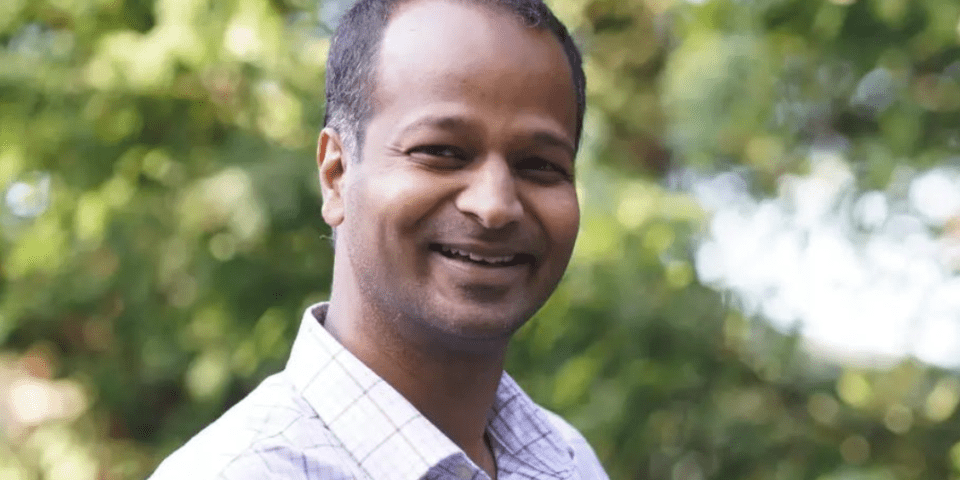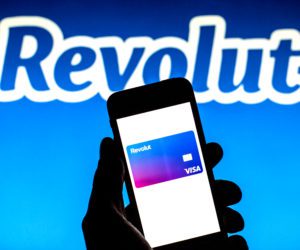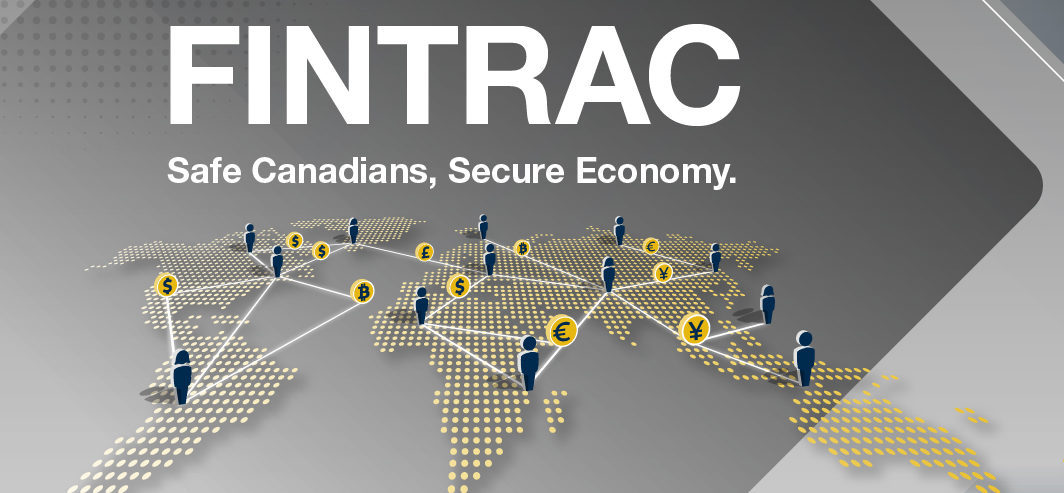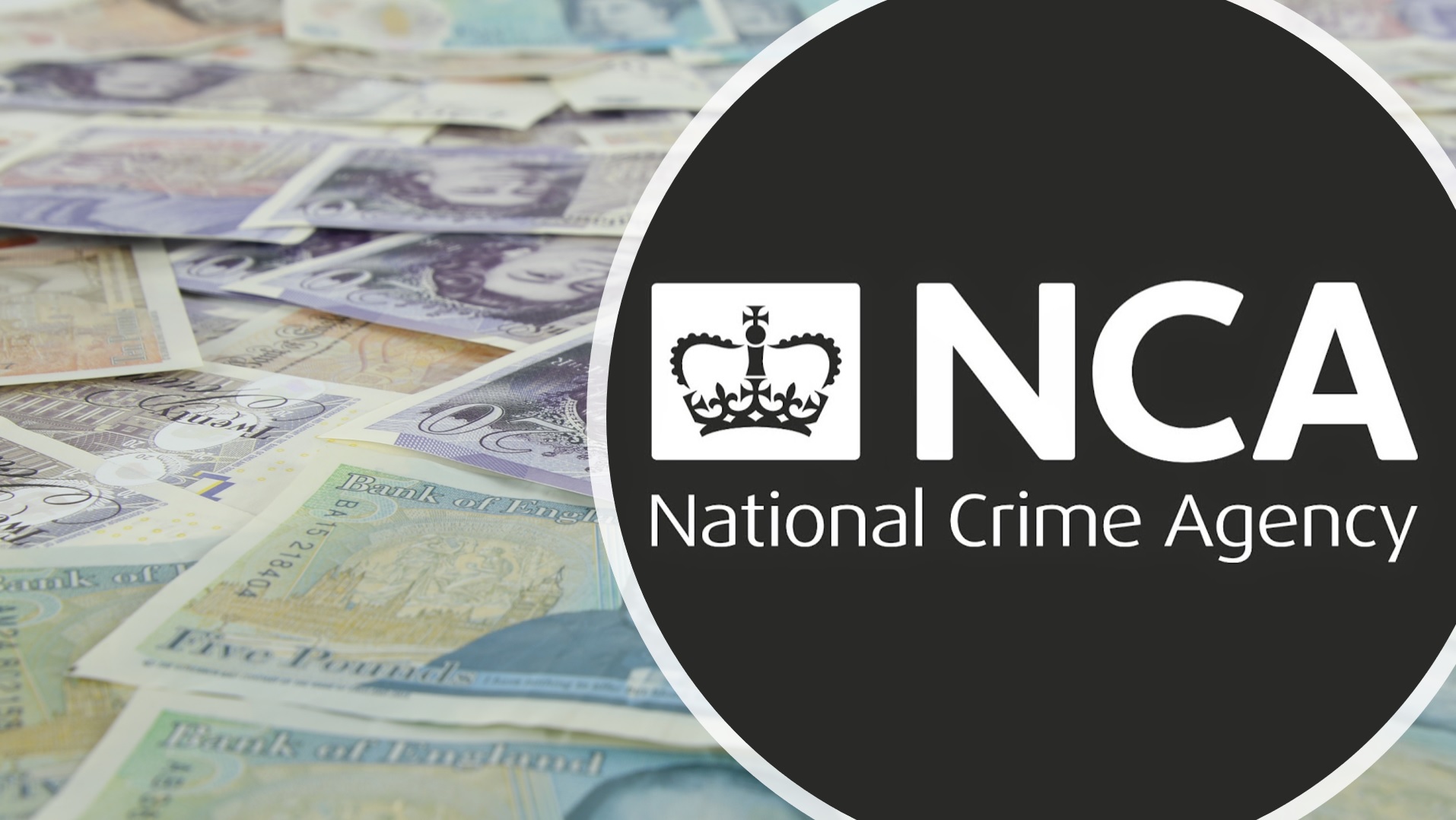By Conor Maher for AML Intelligence
Welcome to ‘In Focus’, AML Intelligence’s regular feature where we delve into the journeys and insights of industry leaders shaping the future of financial crime prevention.
The series offers a unique blend of professional expertise and personal perspective, as we aim to highlight the innovators and thought leaders at the forefront of combating fraud and safeguarding the financial ecosystem.
This week, we’re thrilled to spotlight Soups Ranjan, a trailblazer in fraud prevention and compliance technology.
As the CEO and co-founder of Sardine, Soups is leading the charge in leveraging AI and machine learning to combat scams and enhance payment security for enterprises globally. Sardine recently raised $70 million in funding, while the company’s revenue rose by 130% last year as it doubled its customer base.
With an impressive career spanning roles as Head of Financial Crime at Revolut and Head of Risk at Coinbase, Soups brings unmatched expertise in fighting financial crime at scale.
His academic foundation, underscored by a PhD in Electrical and Computer Engineering from Rice University, further equips him with a unique perspective on tackling cyber threats and scaling solutions. Join us as we dive into Soups’ journey, his vision for the industry, and the lessons he’s learned along the way.
Q. How do you see artificial intelligence and machine learning transforming AML efforts in the next decade?
A. AML workloads are growing exponentially, but headcount is not. Data, AI, and machine learning are crucial tools for keeping pace with and becoming more effective at AML compliance. The biggest unlock I’m starting to see is data-literate or even data-science led compliance organizations and professions. Most chief risk officers I speak to are now credible and fluent in AI and data science.
With all AI and data, the boring stuff is the most important. Data governance, data labelling and strong training data sets. These seemingly “dull” topics contribute to models that perform well in production scenarios. In turn, that’s how we reduce false positives.
One area I’m especially excited about is AI agents. For example, having an agent pre-screen a transaction or sanctions alert before a human, to help filter more obvious false positives, or flag possible network activity for further investigation. How can we give analysts superpowers? That’s motivating me.
Can you share a moment in your career where you felt your work made a significant impact?
Like a lot of people who’ve worked in fraud or AML, I still get excited whenever we are able to bust a fraud ring or criminal network. Today with tools like our network graph we can see visually how devices, accounts, or even transactions are linked between entities.
The nature of this job has a natural sense of impact to it. But for me the biggest thrill is watching the team come up with creative solutions to problems. One example is our SAR narrative generator AI. It came from a team hackathon, and pulls together all relevant data about a case into a SAR narrative for a compliance officer to review before filling.
I’m also blessed now to spend a lot of time with law enforcement and government people. And helping them understand the potential of AI and data, and how it can solve our problems like data sharing, privacy and AML has been motivating. Generally, there’s a real willingness to learn these new skills. Given I come from a data science background these conversations didn’t seem possible 10 years ago, now they’re commonplace.
Can you discuss a recent fraud trend that organizations should be aware of?
It won’t surprise you to learn that the answer is scams. Whether its scamming students on campus to become money mules, pensioners to buy into investments or black friday shoppers to buy fake items scams are now big business and they’re organized crime.
As someone who’s always looked at financial crime from a data lens, the fraud / AML split always seemed like two sides of the same coin to me, and scams are a classic example.
I should also point out that deep fake masking attacks are now increasingly common, and most financial institutions have no capability to detect these (we note the device and behavior on the device is often a very powerful signal here!)
What’s the most surprising or creative fraud scheme you’ve come across in your career?
There are too many to name, but tri-angulation fraud is usually quite sophisticated. Here’s one recent example we’re seeing with our clients. Take an e-commerce shopping site like a fake Temu or Shein clone. The shopper enters their card details and is then asked to verify on their phone using a one-time pin code or face ID as a sort of step-up / 3D secure.
Behind the scenes the fraudsters have captured the card information and added it to an Apple Wallet. They then use the users “step up” verification to authenticate the adding of the card to the wallet. They then set about making transactions using the Apple Wallet in person days later.
If you could mentor someone in this industry, what’s the first lesson you’d teach them?
Every fraudster has a tell. All risk problems are data problems, and the evidence is usually in the signals. There will be some weird data point or KPI that stands out. The importance then of good data hygiene, and the ability to push new rules and models into test and production quickly become critical.
What’s one piece of advice you would give to someone just starting out in this field?
There’s an amazing community of people who care just as deeply about fraud and AML as you do. You’re not alone in this. It’s well worth getting to the events, the dinners and the roundtables to get better at your craft and learn what others are seeing. The criminals have no issue talking to each other, and networking will become your best weapon
What’s a skill outside of compliance and technology that has unexpectedly helped you in your career?
The most recent thing is taking care of my health and going for a run or cycling daily. It has become a critical way to forget lifes stresses. Running a company, travelling and meeting people is amazing but it’s a marathon not a sprint. When I move my body, my thinking is clearer, and I’m a better husband, dad and CEO.
What are the biggest challenges facing the AML and compliance industry today?
The avalanche of alerts is exponential. We cannot expect more headcount and more process to get us out of the situation we find ourselves in. Our teams are overworked and often under resourced. We need to give them data superpowers.








